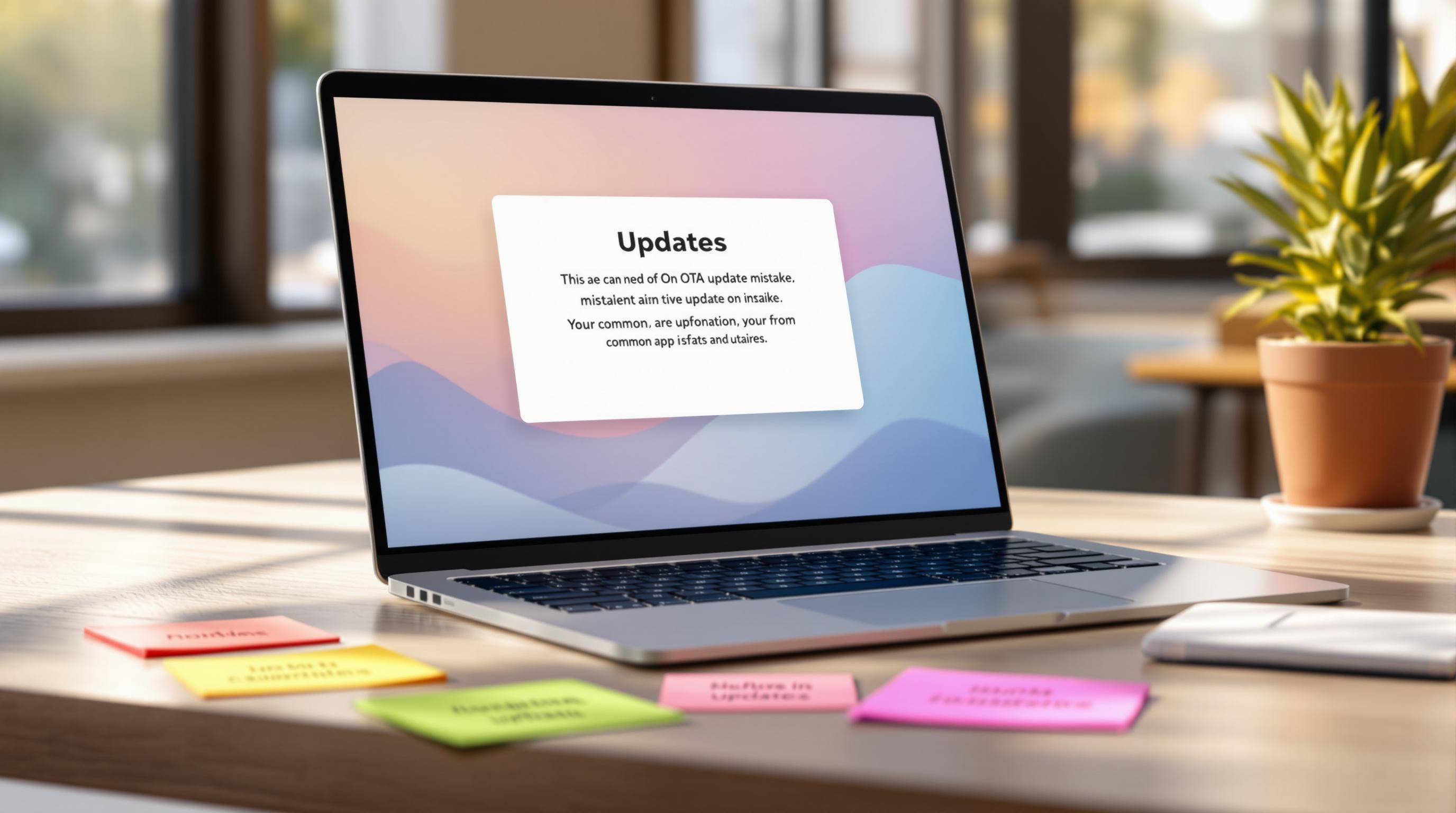Glad you asked.
I am not giving legal advice. I am sharing what’s practical and widely used across teams shipping Capacitor apps safely.
The important distinction is this:
- Native submission is still required for new native behavior and major capabilities.
- Live updates are for JavaScript/web fixes and adjustments inside your existing app scope.
Both iOS and Android can use this model, but you must treat it as a policy-safe workflow, not a loophole.
What Apple and Google allow in simple terms
You can treat Apple and Google as sharing a similar boundary:
- You can deliver code interpreted by the embedded web layer (HTML/CSS/JS) without resubmitting.
- You should not use that channel for major feature additions that change app purpose.
- You should not alter critical security or distribution controls through JS alone.
Apple’s official guidance around WebKit/JavaScript updates is the core of this model. Google is typically less restrictive for web-based updates, but the same principle applies: keep native changes in a native release.
What Capgo is good for
Capgo is for:
- hotfixing web bugs,
- safe UI copy / style / flow fixes,
- minor logic corrections in existing pages,
- fast experimentation for internal QA.
Capgo is not for:
- adding permissions or new native capabilities,
- shipping new core capabilities that should go through review,
- changing signing, encryption, or package identity behavior.
Recommended release strategy
Think in two tracks:
Track 1: native track (store review)
Use your normal Capacitor release process for:
- new plugin updates,
- app shell or manifest changes,
- permissions updates,
- platform-specific functionality changes.
These require:
bun run buildbunx cap sync# then App Store / Google Play submission flowTrack 2: JS track (Capgo)
For safe, small runtime changes:
bun run buildbunx @capgo/cli deploy --channel stagingbunx @capgo/cli deploy --channel productionThis gives you fast iteration without new binary uploads while keeping the binary itself stable.
How to avoid “oops, this needed a native release”
Before every Capgo rollout, run this quick gate:
- Does the change require a new native dependency or permission?
- Does it change the app’s advertised capabilities?
- Does it alter authentication/security boundaries?
- Can we describe it as a non-breaking JavaScript fix?
If the answer is yes to (1)-(3), submit a native release. If yes only to (4), send through Capgo.
What this means for compliance teams
- You keep app review bandwidth for meaningful changes.
- You preserve rollback control and fast patching.
- You reduce production risk by testing updates in channels before full rollout.
This is the same approach people use on large Capacitor programs in production: fast updates for JS-only fixes, native review only for real binaries.
If you want to go deeper, pair this with a strict environment strategy based on channels so QA never receives production mistakes. That is the Capgo-native way to keep staging, beta, and production clean.




